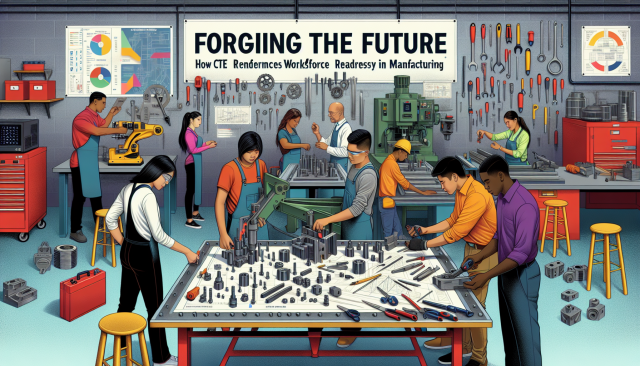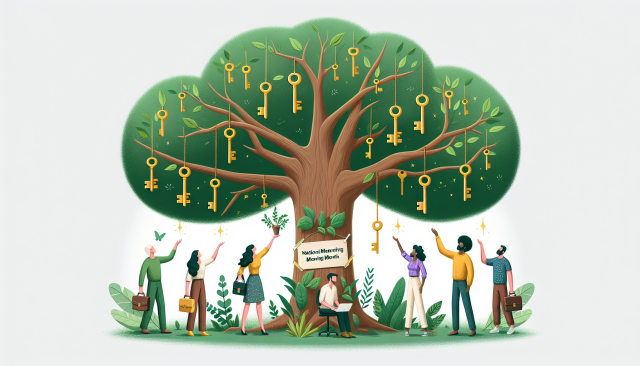Unlocking Tomorrow: The Transformation of Career and Technical Education
Unlocking Tomorrow: The Transformation of Career and Technical Education
As we celebrate National Career and Technical Education (CTE) Month, it’s crucial to reflect on the remarkable evolution of CTE and its profound impact on apprentice professionals. In the past few decades, CTE has undergone a transformation that not only aligns with the demands of modern economies but also empowers individuals to learn, innovate, and excel in their careers.
A New Dawn for CTE
Once perceived as a lesser alternative to traditional academic pathways, Career and Technical Education has revamped its image and purpose. Today, CTE is at the forefront of education innovation, merging hands-on experiences with cutting-edge technologies. This approach nurtures both practical skills and critical thinkingessential tools for the future workforce.
For apprentice professionals, CTE offers an invaluable platform. It bridges the gap between theoretical knowledge and real-world application. Through immersive learning and industry-aligned curriculum, students gain a competitive edge, prepared to tackle the challenges of a rapidly changing job market.
Learning Beyond the Classroom
The beauty of CTE lies in its dynamic learning environments. Learning extends beyond the four walls of a classroom, into workshops, labs, and industrial settings where students apply their skills in real scenarios. This experiential learning cultivates adaptability, problem-solving, and entrepreneurial thinkingqualities that traditional education models may overlook.
Programs are diverse, ranging from healthcare and information technology to culinary arts and advanced manufacturing. This variety ensures that apprentice professionals can pursue their passions and develop expertise in fields that excite them. By fostering a culture of lifelong learning, CTE equips individuals with the tools to thrive and adapt throughout their careers.
Technology as a Catalyst
Technology plays a pivotal role in the evolution of CTE. With advancements in virtual reality, artificial intelligence, and the Internet of Things, educators can create immersive learning experiences that simulate real-world challenges. This integration not only enhances learning but also ensures students are at the forefront of digital literacya necessity in today’s digital-first world.
Moreover, CTE programs are increasingly utilizing data analytics to personalize learning experiences, ensuring each student’s growth path is tailored to their strengths and aspirations. This personalized approach not only boosts engagement but also improves outcomes, enabling students to achieve their full potential.
The Future of Work and CTE
As we look to the future, the role of CTE becomes even more critical. The rapid pace of technological advancements and the unpredictable nature of the global economy highlight the need for adaptable skill sets. CTE’s focus on practical, hands-on learning ensures that apprentice professionals can transition seamlessly into new roles and industries.
In celebrating National CTE Month, let us acknowledge the transformative power of career and technical education. It is an education model that embodies the spirit of innovation, adaptability, and lifelong learning. It prepares todays learners to become tomorrow’s leaders, equipped to navigate the complexities of the modern workplace with confidence and competence.































